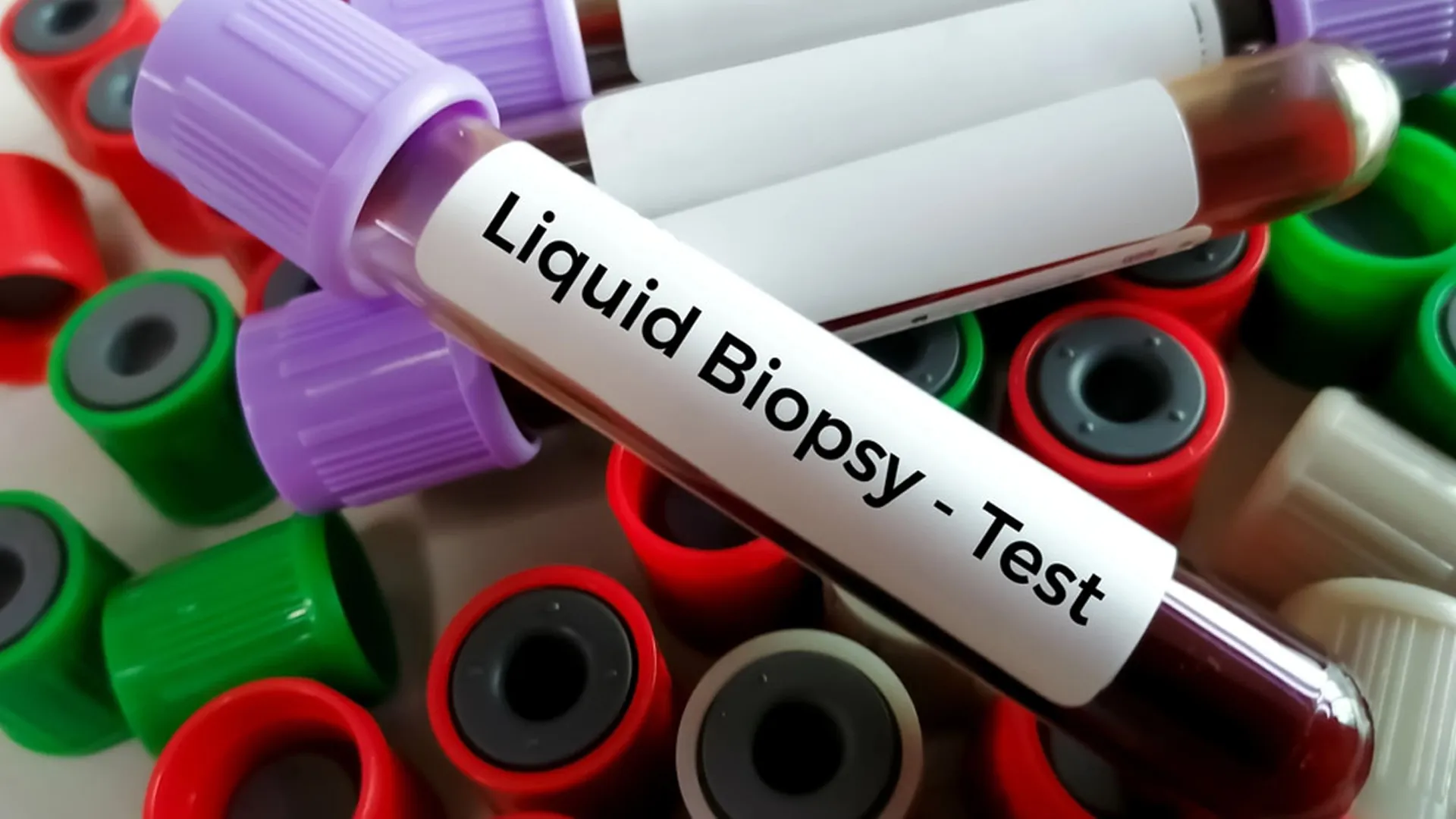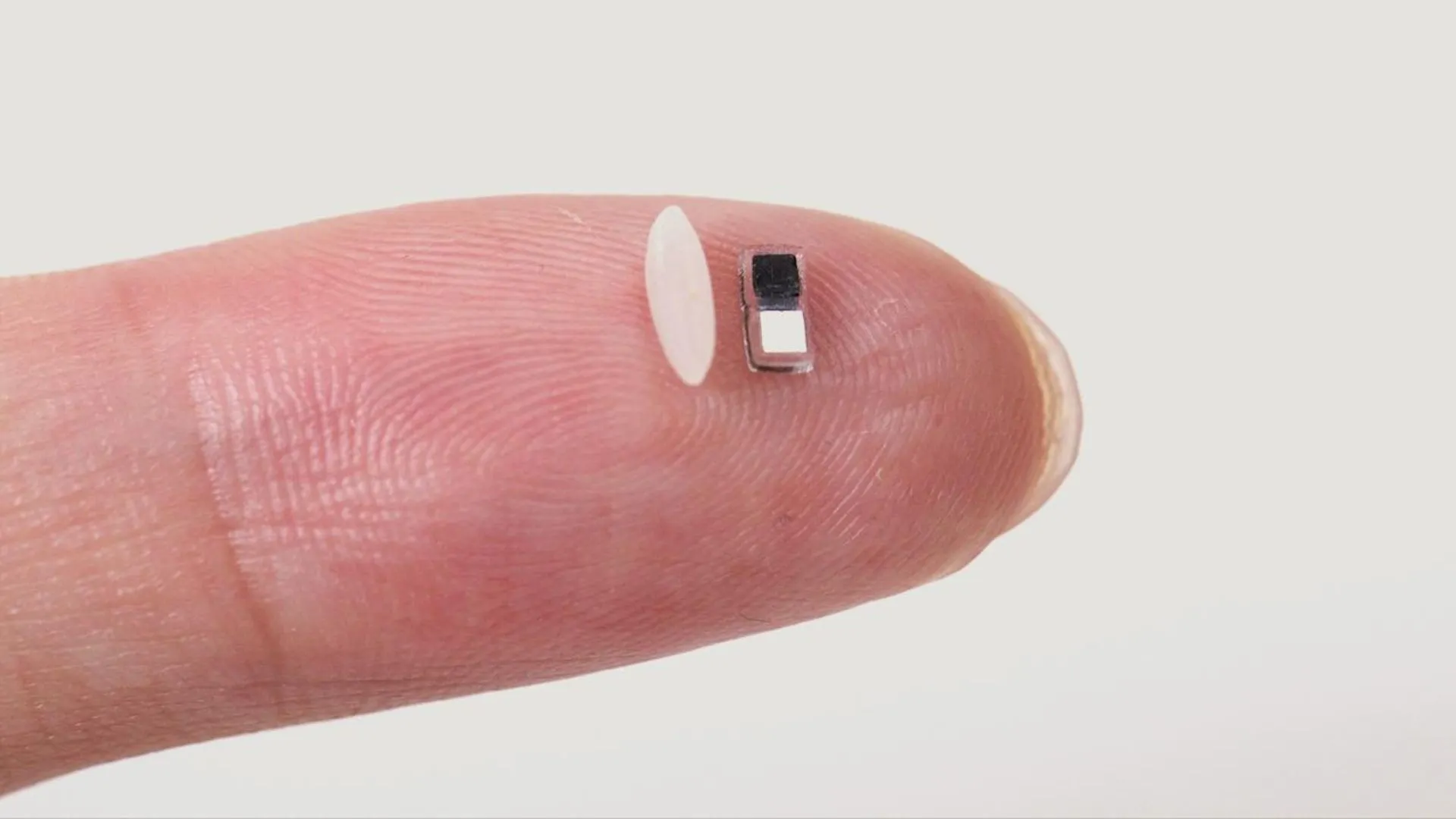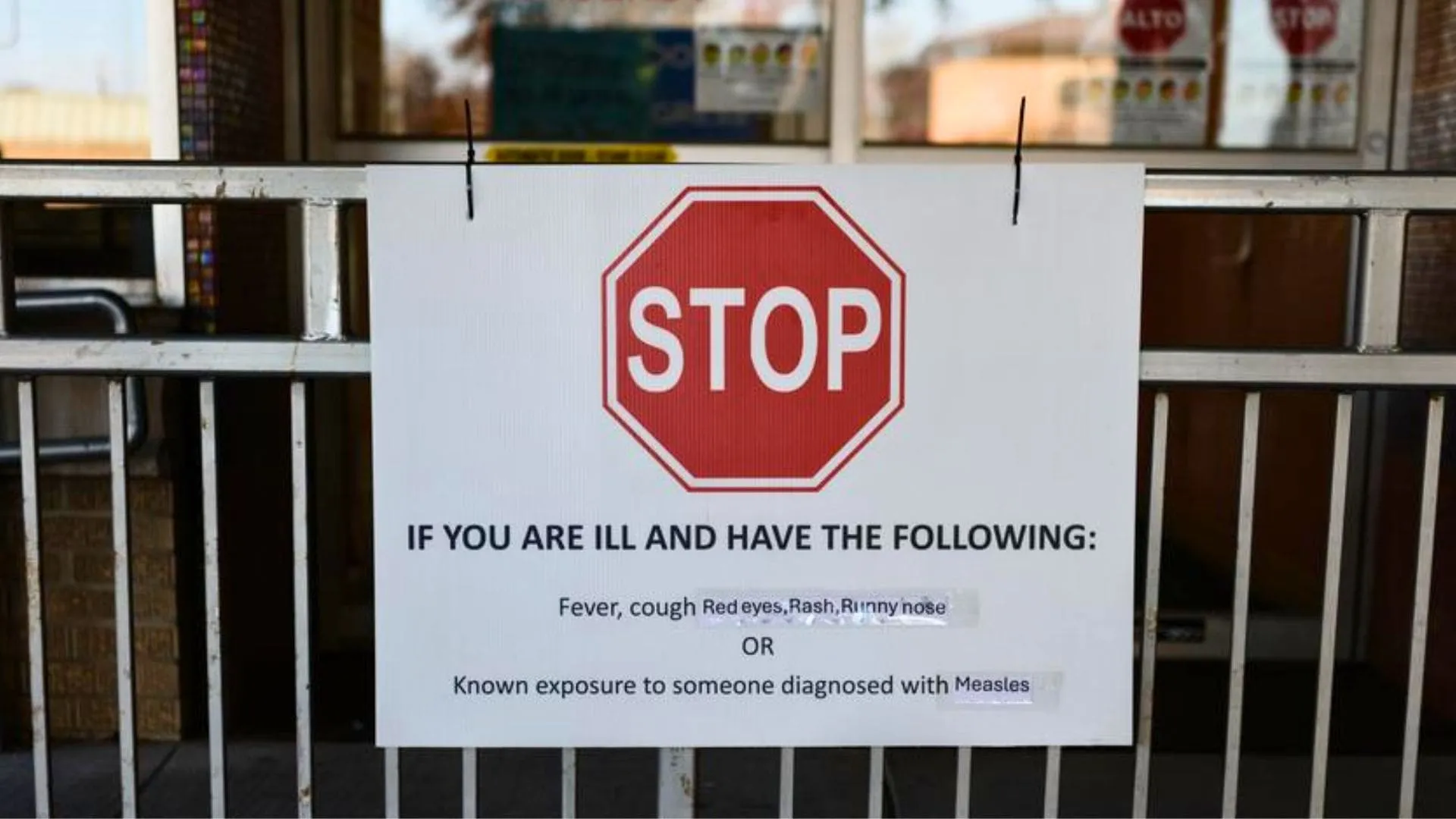Donating blood is a selfless gesture that can help countless people in need and improve or save lives. It is crucial to be aware of a few things, especially if you’re thinking of donating blood. Knowledge and awareness of critical aspects of blood donation can play a pivotal role in ensuring the safety of the blood transfusion process.
This article lists important considerations for blood donation, from getting ready in advance to comprehending aftercare.
It is essential to establish your eligibility before giving blood. A person must be between 18 and 60 years of age to donate blood. Your ability to donate depends on several factors, including your age, weight, general health, and any underlying medical issues.
Take care of your body in advance to maximize your donation experience. Make sure you’ve had a healthy supper and are well-rested. Water is the best fluid to consume in the 24 hours before the donation
Learn about the blood donation procedure to allay any concerns or worries you may have.
Typically, the procedure includes registration, a quick medical history form, a quick physical exam, and the actual blood donation. It is important to resupply your body with resources after giving blood. Drink a lot of liquids, particularly water, to assist and replace the volume lost during the donation process. For a few hours, desist from strenuous physical activity, and weightlifting. To boost your energy levels, eat a nutritious snack.
Immediately after donating blood, be mindful of your health. Some people may experience transient side effects like lightheadedness, dizziness, or bruising where the needle was inserted. Usually, these signs end on their own.
The author is a Consultant Pathologist at City X-ray & Scan Clinic.























